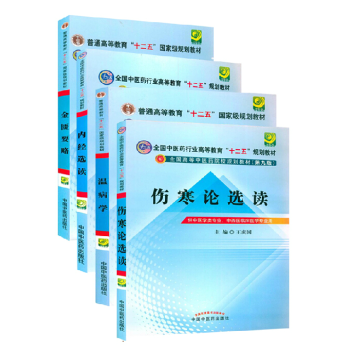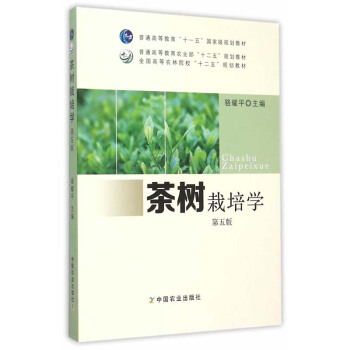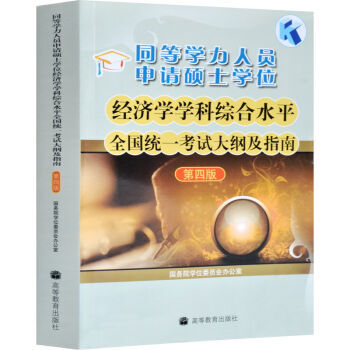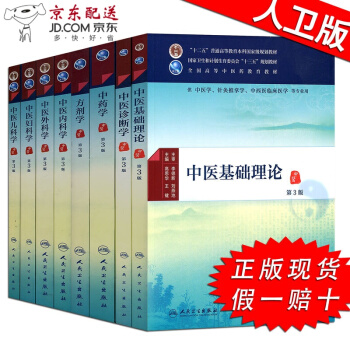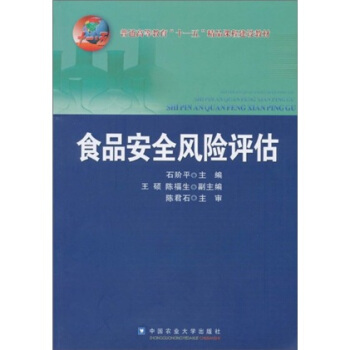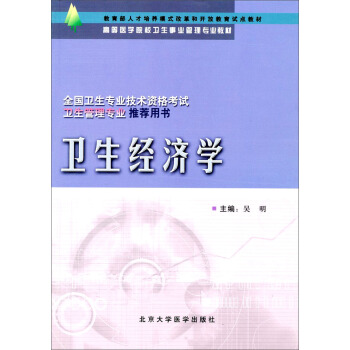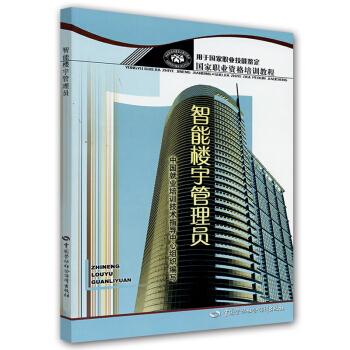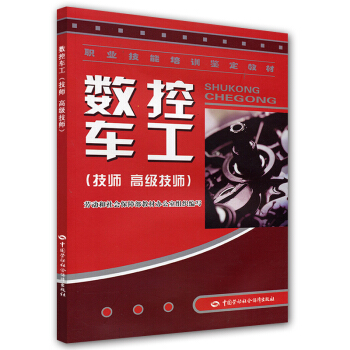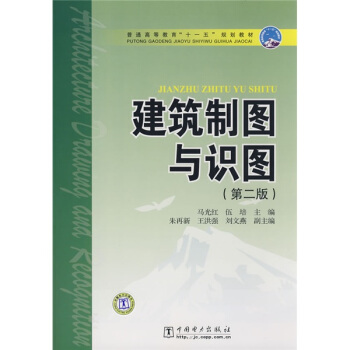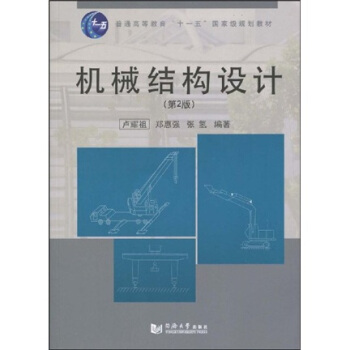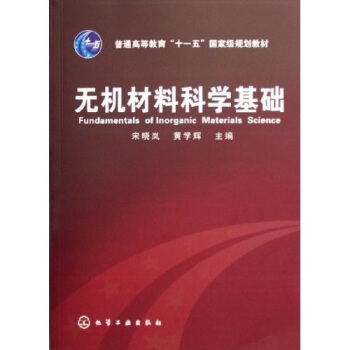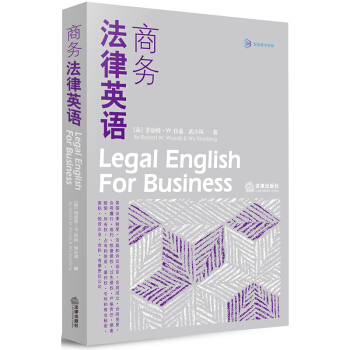

具体描述
编辑推荐
●由美国商法律师和教师专为非英语国家的学生和读者编写●体现美式课堂教学风格,包含大量实例、案例及讨论要点
●涵盖阅读理解、写作技巧、口语练习和听力练习四大训练
●配套三十个实景拍摄的视频,帮助提升法律英语听说技能
内容简介
《商务法律英语》面向非英语国家有志于学习美国法律的法科学生以及律师等法律从业人员。全书分为15章,由浅到深,由基础到高阶。每章前置导读,章内主要介绍各个概念,包括含义、来源、与其他概念的联系,其中穿插着案例和思考题。章末有必要词汇和练习,是对本章所学知识的检验和夯实。作者简介
Robert W. Woods,美国俄克拉荷马大学法律博士 (JD) ,美国俄克拉荷马大学戏剧导演艺术硕士(MFA) ;现为美国亚历桑那大学驻中国海洋大学法律项目主任。此前,在美国洛杉矶电影学院、美国俄克拉荷马大学法学院以及美国荷克拉荷马城市大学教授娱乐业商法、娱乐业法和庭审程序等,并曾在中国广西大学教授美国商法。在担任教职前,在美国洛杉矶比弗利山庄长期从事娱乐业律师工作,是很多好莱坞电影制作方的法律顾问,以及若干电视制作公司、人才代理公司、制片人、导演、编剧及音乐家的法律代表。2011年,获得在美国联邦*高法院的出庭资格。除了法学教育与律师工作外,还制作过三部电视剧,其中一部于2012年获得“*富灵感的电视节目Epiphany奖”。此外,曾在美国阿肯色州、洛杉矶以及蒙古、中国南宁等地制作了一系列戏剧作品。武小凤,本科毕业于西南政法大学;中国人民大学法学博士,中国政法大学博士后;曾于甘肃政法学院任教,现为洛阳师范学院法学与社会学院副教授。2009年至2010年,赴美国俄克拉荷马城市大学做访问学者,主要研究领域为美国刑事被害人救助;2013至2015年,在俄克拉荷马城市大学法学院国际中心从事国际交流方面的学术与行政工作;后于俄克拉荷马大学攻读法学硕士学位,主要方向为美国法历史与美国宪法、美国印第安人法律体系。曾在《政法论坛》《现代法学》《法学家》《环球法律评论》《法学前沿》(Frontiers of Law in China)以及OKCU Law Review等刊物上发表论文十余篇;出版《冲突与对接——刑事法律和解制度研究》等专著。
目录
1美国法律制度
The American Legal System
Understanding the American Legal System
Colonies of England
The Articles of Confederation
The Constitution of the United States
The Executive Branch Has the Power to Approve New Laws and to
Conduct Foreign Affairs
The Legislative Branch Has the Exclusive Power to Make Laws
The Judicial Branch Has the Power to Enforce and Interpret the Laws
Vocabulary
Exercises
2
法庭和诉讼语言
Courts and the Language of Lawsuits
The Organization of Courts and Judicial Review
The California Court System
The Language of Lawsuits
Jurisdiction of the Courts
How a Common Law System Is Different From a Civil Law System
Vocabulary
Exercises
3
合同:合同的成立
Contracts: Formation of Contracts
What is the Difference Between a "Promise" and a "Contract"?
The Elements of a Contract
The Offer
The Acceptance
The Counteroffer
Identifying the Parties
Limited Offers
Terminating Offers
Legality of Offers
Offers Must be Definite and Certain
Other Methods of Acceptance: Bilateral and Unilateral Contracts
Consideration
A Substitute for Consideration—Detrimental Reliance
Vocabulary
Exercises
4
合同:合同成立中的问题
Contracts:Problems of Contract Formation
Problems with Formation of Contracts
Mutuality of Agreement—a Meeting of the Minds
Competence of the Parties
Intent to Make a Contract
Defenses to Contract Formation —When an Agreement is Not Really an
Agreement
Statute of Frauds—Contracts That Must Be Written
Vocabulary
Exercises
5
合同:变更、履行和违约
Contracts: Changes, Performance and Breach
Changing the Contract
Amendment of the Contract
Assignment, Delegation, and Novation
Novation
Third Party Beneficiary Contracts
Breach of Contract—What Happens When the Contract is Not Performed
Material and Immaterial Breach
Anticipatory Breach
Remedies for Breach of Contract
Specific Performance—When Money Damages Do Not Remedy the Problem
Two Limits on Breach of Contract Damages
Vocabulary
Exercises
6
侵权:故意侵权
Torts: Intentional Torts
What is a Tort?
Personal Intentional Torts
Assault and Battery
Intentional Infliction of Emotional Distress
False Imprisonment
Defamation
Invasion of Privacy
Public Disclosure of Private Facts
Use of Name or Picture for Commercial Purpose
Intrusion into Private Places
False Light
Trespass
Vocabulary
Exercises
7
侵权:过失侵权和严格责任
Torts: Negligence and Strict Liability
Negligence
Causation
Foreseeability Rule
Strict Liability
Non�睳atural Materials
Dangerous Activities
Products Liability
Vocabulary
Exercises
8
侵权:损害赔偿和抗辩
Torts: Tort Damages and Defenses
Damages for Torts
Compensatory Damages for Negligence
Damages for Intentional Torts
Assault and Battery
Intentional Infliction of Emotional Distress
False Imprisonment
Defamation
Invasion of Privacy
Punitive Damages
Limits on Punitive Damages
Defenses to Torts
Assumption of the Risk
Comparative Negligence
Superseding Cause
Consent
Self�睤efense
Necessity
Truth as a Defense to Defamation
Vocabulary
Exercises
9
不动产:所有权
Real Property: Ownership and Rights
What is Real Property?
Subterranean Rights and Air Rights
Ownership of Real Property
The Transfer of Ownership of Real Property
Freehold Estates: Fee Simple Ownership
Freehold Estates: Conditional Fee Simple
Freehold Estates: Life Estates
Vocabulary
Exercises
10
不动产:占有和使用
Real Property:Possession and Use
Interests in Real Property Without Ownership
Leasehold Estates
Leasehold Estates: Tenancy for Years
Leasehold Estates: Periodic Tenancy
Leasehold Estates: Tenancy at Sufferance
Leasehold Estates: Transferring the Lease
Rights to Use Another�餾 Real Property
Licenses
Easements
Profits
Transfer of Ownership Against the Property Owner�餾 Will
Adverse Possession
Eminent Domain
Vocabulary
Exercises
11
知识产权:著作权
Intellectual Property: Copyright
The Business of Creativity
What is Copyright?
A Short History of Copyright
The Public Domain
The Exclusive Rights of a Copyright Owner
The First Sale Doctrine
Fair Use
Infringement of Copyright
Substantial Similarity
Remedies for Copyright Infringement
Injunctions
Vocabulary
Exercises
12
知识产权:专利和商业秘密
Intellectual Property: Patents and Trade Secrets
Patents
Requirements to Obtain a Patent
Are Business Methods Patentable or Not?
Design Patents
Trade Secrets
Vocabulary
Exercises
13
知识产权:商标
Intellectual Property: Trademarks
What is a Trademark?
Acquiring Ownership of a Trademark
Geographic Limitations on Ownership
Advantages of Registration with the U.S. Trademark Office
The Duration of Trademarks
Fair Use of Trademarks
Trademarks and the Internet
Lawsuits for Trademark Infringement and Trademark Dilution
Vocabulary
Exercises
14
商事组织:独资企业和合伙
Business Organizations: Sole Proprietorships and Partnerships
Sole Proprietorships—the Simplest Business Organization
Advantages of a Sole Proprietorship
Disadvantages of a Sole Proprietorship
Partnerships
Advantages of a Partnership
Disadvantages of a Partnership
The Duties of the Partners to Each Other
Joint Ventures
Vocabulary
Exercises
15
商事组织:公司和有限责任公司
Business Organizations: Corporations and Limited Liability Companies
Corporations
The Ownership and Management of a Corporation
How a Corporation Is Created
Advantages of a Corporation
Disadvantages of a Corporation
Limited Liability Companies
Disadvantages of a Limited Liability Company
Vocabulary
Exercises
前言/序言
前言本书的目的是为非英语国家的读者介绍法律英语的语言和词汇。虽然本书主要针对于律师及法学学生,但是对其他人也同样适用。本书对相关法律概念作了解释——这些概念是每一个从事商业活动或者生活在英语国家的人必须明白的。本书贯穿于始终引用了很多例子,它们来自于每天的日常生活及基本的商业环境。本书也引用了很多的案例研究用以说明法律的发展演变。对法学学生和律师而言,本书可以作为其进一步学习美国及其他普通法系国家法律及其适用的基础。对于非律师而言,本书可以成为其进一步了解英语国家及其法律、惯例、语言及商业规则的媒介。
如何使用本书——
由于本书作者为美国法学教师和律师,本书选择以美国法律体系作为基础和渊源。然而,本书内容并不仅限于美国法。事实上,本书所涉及的各个主题及其法律适用在世界各国基本相同,这些主题即为:合同;侵权;不动产;知识产权;商业组织。读者可以在其中随意选择其感兴趣的主题,并且不必遵循章节顺序。然而,由于本书前两节涉及美国法律体系、法院体系及诉讼程序,其所包含的知识和信息对于理解其他各章的内容非常重要,读者最好从这两章开始学习。
本章所涉及的其他主题大多被设为数章。其中,合同被设为第三、第四和第五章;侵权被设为第六、第七和第八章;不动产被设为第九和第十章;知识产权被设为第十一、第十二和第十三章;商业组织被设为第十四和第十五章。为了更加全面理解这些主题,读者在学习后面相应的各章前,首先就当从第一章开始对这些主题有一总体了解。
本书每一章都包含了若干“讨论要点”。教师可以在课堂讨论中使用这些讨论要点,以便鼓励学生深入思考和应用从该章中所学的法律原则。对于将本书作为自学教材的学生,也可以花费一些时间思考这些讨论要点中所提及的问题,并且尝试根据该章中所涉及的法律信息以及其自身的生活经验和文化观念对这些问题作出答案。读者可扫描封底二维码或登录法律出版社官方网站下载相应的参考答案。
本书各章包含了各项练习,该练习涵盖了四项基本的语言训练——阅读理解、写作技巧、口语练习和听力练习。教师可以根据课程计划和课堂情况尽量多布置这些练习。各章也包含了课堂讨论和小组互动练习,这些练习可以帮助教师提高学生的口头表达技能。自学的学生也应当完成这些练习,以保证其已经理解并且能够应用各章所包含的信息和知识。本书同时配有30个(每章2个)小视频以配合各章的听力练习。练习答案同样可扫描封底二维码或登录法律出版社官方网站获取。
用户评价
坦白说,我一开始对这本书的期望值并不高,毕竟“商务法律英语”这个主题听起来就有些枯燥。然而,这本书彻底颠覆了我的认知。它不仅仅是一本词典或语法书,更像是一位经验丰富的导师,循循善诱地引导我理解商务法律英语的精髓。书中对于不同国家的法律体系和商业习惯的介绍,也为我打开了新的视野。我学会了如何区分英美法系和大陆法系在合同条款表述上的细微差异,以及如何在跨文化交流中避免因语言和文化误解而产生的法律纠纷。这些内容,在很多同类书籍中都是难以寻觅的。
评分作为一名在跨国公司工作的律师,我一直寻找一本能够真正提升我商务法律英语实操能力的教材。这本书,恰恰满足了我的需求。它所提供的不仅是知识,更是思维方式的转变。书中强调的“法律思维”和“商务思维”的融合,让我学会了如何从法律角度审视商业决策,以及如何从商业角度理解法律条文。这种整合性的学习,使得我在工作中能够更加游刃有余,能够更好地为公司提供法律支持。
评分这本书的结构设计简直堪称完美。它循序渐进,从最基础的商务法律英语词汇和句型开始,逐步深入到复杂的法律文书和商务谈判技巧。每一章都紧密衔接,学习起来毫不费力,而且每完成一章,我都能感受到自己知识体系的进步,这种成就感是其他许多教材所无法比拟的。尤其让我印象深刻的是,书中并没有回避那些看似“灰色地带”的法律问题,而是以一种客观、严谨的态度进行分析,并提供了多种应对策略。这对于正在国际商务领域摸爬滚打的我来说,无疑是宝贵的财富,让我能够更自信地处理那些充满挑战性的商业事务。
评分在阅读这本书的过程中,我最大的感受是它极大地提升了我处理英文商务合同的能力。以前,面对一份冗长的英文合同,我总是感到有些力不从心,担心会漏掉关键条款或误解某些含义。但这本书,通过对各类合同模板的剖析,以及对常用法律条款的解释,让我能够更加自信地阅读和理解合同。书中提供的“实用清单”和“常见陷阱提示”,更是让我如虎添翼,能够在起草或审阅合同时,做到心中有数,防患于未然。
评分这本书给我带来的震撼,远远超出了我对一本“商务法律英语”书籍的预期。我原以为它会是一本枯燥乏味的工具书,充斥着晦涩难懂的法律术语和生硬的例句。然而,当我翻开第一页,就被其清晰的逻辑和引人入胜的叙述方式所吸引。作者并非简单地罗列知识点,而是通过一个个生动鲜活的案例,将抽象的法律概念具象化,让我仿佛置身于真实的商业谈判或法庭辩论之中。书中对合同语言的剖析尤为精彩,它不仅解释了每个词汇的精准含义,更深入探讨了不同措辞可能带来的法律后果,这种细致入微的讲解,让我在日后的工作中,能够更加谨慎地审阅和起草商务合同,极大地降低了潜在的法律风险。
评分我不得不说,这本书的价值远远超出了其售价。它所包含的内容,几乎涵盖了我在日常商务工作中可能遇到的绝大多数法律英语问题。从基本的邮件往来,到复杂的并购交易,书中都有涉及,并且提供了切实可行的解决方案。更重要的是,它培养了我对商务法律英语的敏感度,让我能够更准确地识别潜在的法律风险,并采取相应的预防措施。这对于任何从事国际商务的人员来说,都是一项无价的投资。
评分我一直对商务法律的严谨性和精确性感到着迷,而这本书则让我对这一点有了更深刻的认识。书中对法律术语的每一个细微差别都进行了详尽的解释,并且通过大量的例句来展示它们在不同语境下的准确用法。这种精益求精的态度,让我明白了在商务法律领域,一个小小的措辞错误都可能导致巨大的法律后果。这本书教会了我如何严谨地使用语言,如何精确地表达意思,这对于任何希望在国际商务舞台上取得成功的专业人士来说,都至关重要。
评分这本书的语言风格是我非常欣赏的一点。它既保持了法律文本的严谨性,又融入了商务交流的灵活性。作者善于使用清晰、简洁的语言来解释复杂的法律概念,避免了不必要的专业术语堆砌。而且,书中穿插的许多商务案例,都非常贴合实际,让我能够更好地理解法律知识在现实世界中的应用。这种寓教于乐的方式,让我在学习过程中始终保持着高度的兴趣。
评分这本书给我带来的最大改变,就是让我不再惧怕和排斥英文的法律文件。以前,我总觉得法律文本是冷冰冰的、难以理解的,但通过这本书的学习,我发现它们其实是有逻辑、有章可循的。作者以一种非常友好的方式,将这些看似复杂的法律条文,分解成易于理解的部分,并辅以生动的案例说明。我学会了如何快速定位关键信息,如何识别合同中的核心义务和权利,这让我能够更高效地完成工作,并且更有信心应对未来的挑战。
评分我必须承认,这本书的深度和广度让我感到惊喜。它并没有停留在对基础知识的讲解,而是深入探讨了许多在实际商务活动中经常遇到的复杂法律问题。例如,书中对知识产权保护、争议解决机制以及公司治理等方面的论述,都提供了非常详尽和实用的信息。我尤其喜欢其中关于国际货物买卖合同的案例分析,它将晦涩的《联合国国际货物销售合同公约》(CISG)的条款,用通俗易懂的语言解释清楚,并结合实际案例,让我能够清晰地理解其适用范围和具体操作。
评分还没看
评分还没看
评分还没看
评分还没看
评分还没看
评分还没看
评分还没看
评分还没看
评分还没看
相关图书
本站所有内容均为互联网搜索引擎提供的公开搜索信息,本站不存储任何数据与内容,任何内容与数据均与本站无关,如有需要请联系相关搜索引擎包括但不限于百度,google,bing,sogou 等,本站所有链接都为正版商品购买链接。
© 2026 windowsfront.com All Rights Reserved. 静流书站 版权所有

![[正版] 供热工程(第四版) 高等学校建筑环境与能源应用工程专业规划教材 中国建筑工业出版社 pdf epub mobi 电子书 下载](https://pic.windowsfront.com/1112233505/5818b390Nbf2265fc.jpg)
